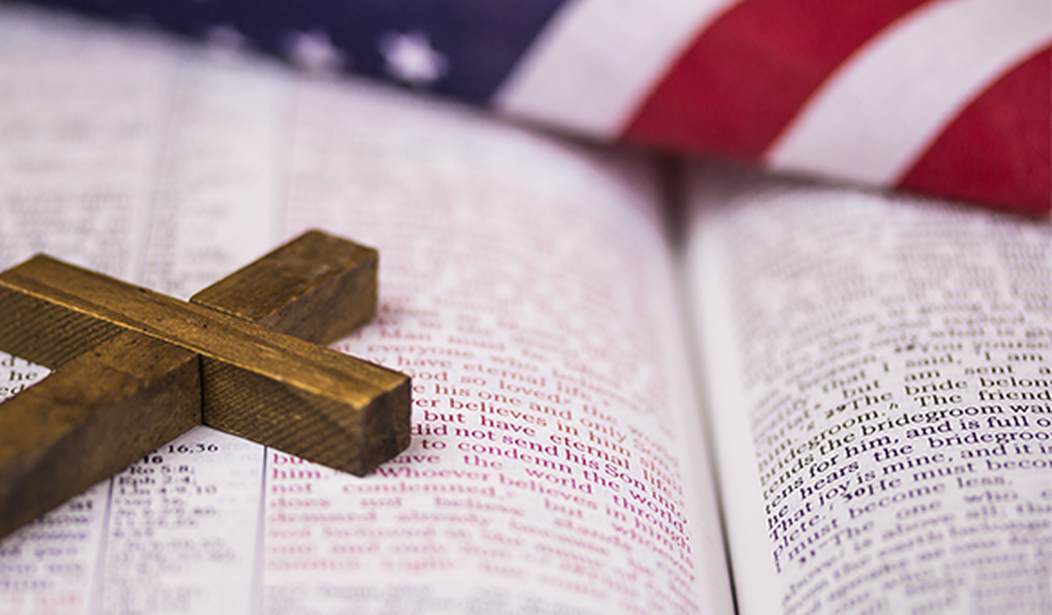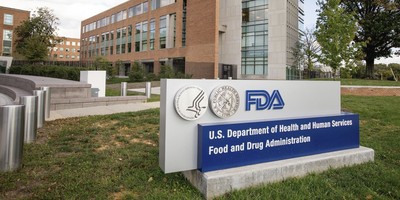God loves people from every nation, race, language, and tribe. Having said that, however, I believe the United States is a unique representation of the grace and mercy of God. We are unique amongst the nations of the world—both in our history and our founding documents—and in the mission of faith from which our nation was birthed. It doesn’t mean that we are perfect or that our history is perfect. I am not suggesting that. But sometimes, in our complaints and bitterness about our own nation, we reflect quite an ignorance of the nations of the world.
The liberty and freedom we know today has emerged from a Christian worldview. Ideas like equality before the law, women’s rights, children’s rights, fair labor practices, tolerance, and civil rights—all of those have emerged from a Judeo-Christian worldview. We act as if all of the world knows the liberties and freedoms that we do, and this simply isn’t true. We are unique. The liberties, freedoms, and opportunities we have, have come to us as an inheritance, and are not to be rested upon and gobbled up as we stamp our feet like petulant children, demanding the government provide something else for us. They are a heritage to be protected, guarded, and extended to one another, and handed down to the generation who follows us.
The American Church has an enormous opportunity. We have greater liberties, freedoms, and protections under our legal system to be advocates for Jesus than in almost any nation on the planet. And up until very recently, we have taken that as a significant assignment—a responsibility, a mission—of our nation. But in recent years, we have been bullied a bit. We’ve said that the proclamation of the gospel and the uniqueness of Jesus are somehow inappropriate. In fact, it’s become quite popular from the highest offices of our nation even, to assert that we’re not a Christian nation.
Now, it’s true that we’re not a theocracy. We never have been. It’s equally true that we are tolerant of other faiths. No matter what faith you choose and how you choose to worship, you’re entitled to equal treatment under our law, and should be. It’s true that we’re an inclusive society, and we’ll embrace diversity of beliefs and do our best to live with one another respectfully. It’s true that our founders clearly did not want a State Church to be founded so that the government dictated theology. However, we are unmistakably a nation with a Christian heritage, and as Christ-followers we have the same right to celebrate that heritage as enthusiastically, as intentionally, and as boisterously as any other group has a right to celebrate its own heritage.
Recommended
The Bible and the Christian faith were foundational to our educational and judicial system. However, in about 1947, there was a radical change in the direction of our Supreme Court. It required ignoring every precedent of Supreme Court ruling for the previous 160 years. The Supreme Court ruled in a limited way to affirm a wall of separation between the Church and State in the public classroom. In the coming years, this led to removing prayer from the public schools. That was 1962.
Do you happen to know the prayer that caused so much furor it was banished by our Supreme Court? This is it: “Almighty God, we acknowledge our dependence on Thee. We beg Your blessings upon us, and our parents, and our teachers, and our country. Amen.” That was deemed inappropriate, and we said little.
In 1963, the Supreme Court ruled that Bible reading was outlawed as unconstitutional in the public school system. The Court offered this justification: “If portions of the New Testament were read without explanation, they could and have been psychologically harmful to children.” Bible reading was now unconstitutional, though the Bible had been frequently quoted by those who wrote our Constitution and shaped our nation and its systems of education, justice, and government.
And then in 1980, Stone v. Graham outlawed the Ten Commandments in our public schools. The Supreme Court said this: “If the posted copies of the Ten Commandments were to have any effect at all, it would be to induce school children to read them, and if they read them and meditated upon them, and perhaps venerated and obeyed them, this is not a permissible objective.” Is it not a permissible objective to allow our children to follow the moral principles of the Ten Commandments?
Indifference is insufficient. Being busy with our own life plans and not paying attention won’t protect us. We have to care enough about the things of God, being committed enough to seeing them extended to the generations who follow us, that we sigh and moan in grief when we see God being diminished.
I believe we’re in a battle for the heart and soul of our nation, and that it is not going to be resolved by the medical community, or the health care professionals, or the legal community. It’s not going to be resolved by politicians, or political parties, or elections. All of those things have a role and a place, but the Church has a unique responsibility. We’re salt and light. If darkness overwhelms our nation, it’s not because of immorality in the political realm. It’s because of immorality in the Church. I believe God has prepared a people for the twenty-first century to be advocates for Jesus of Nazareth—to stand for the truth of the gospel, not to hide in our churches—and God will provide the strength for the challenge.
Allen Jackson is senior pastor of World Outreach Church, a congregation of fifteen thousand; and he is founder of Allen Jackson MinistriesÔ, though which his biblical messages have been broadcast nationally and internationally on multiple platforms. His latest book, “God Bless American Again” from which this was adapted, released Oct. 1.
























Join the conversation as a VIP Member